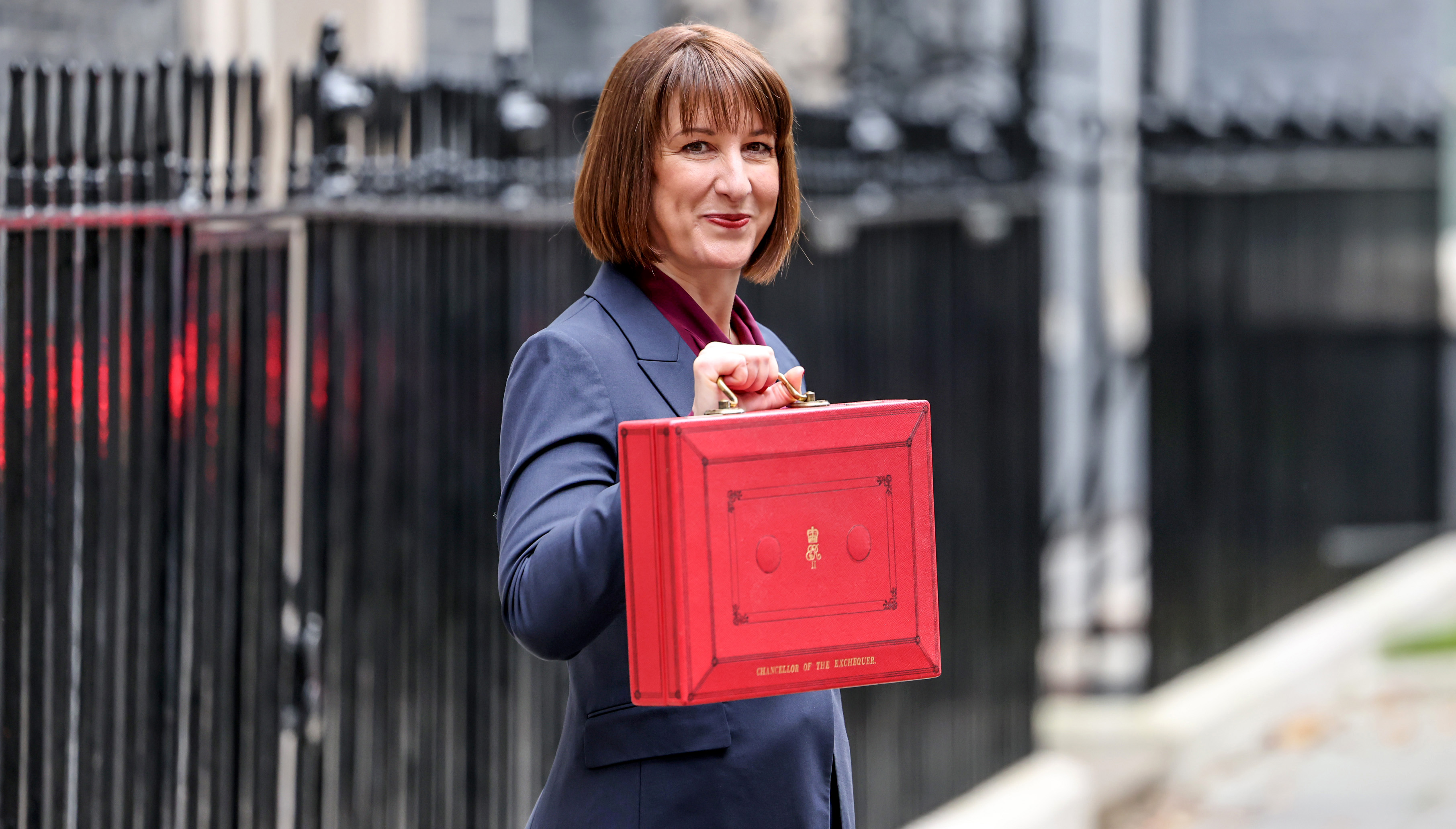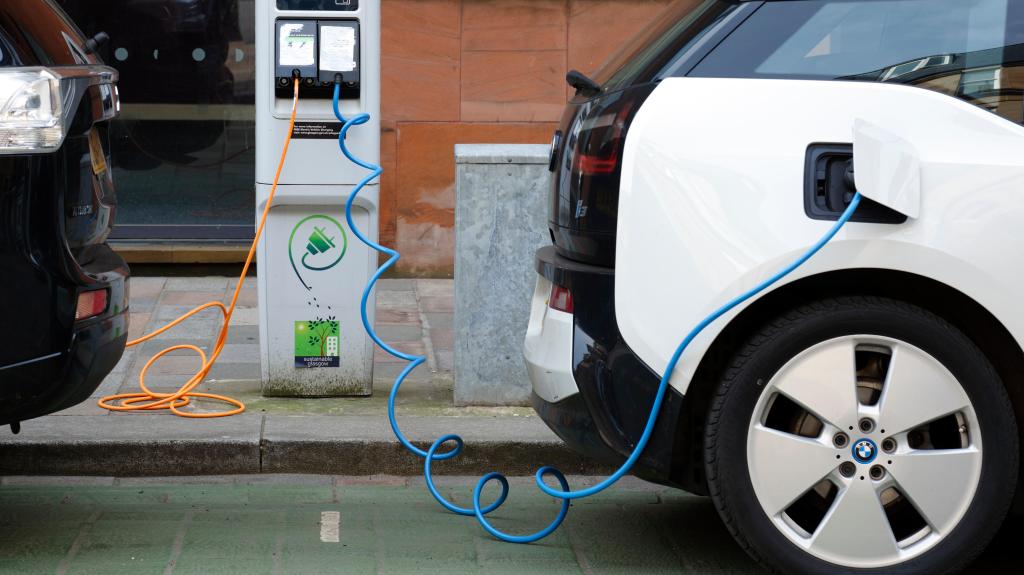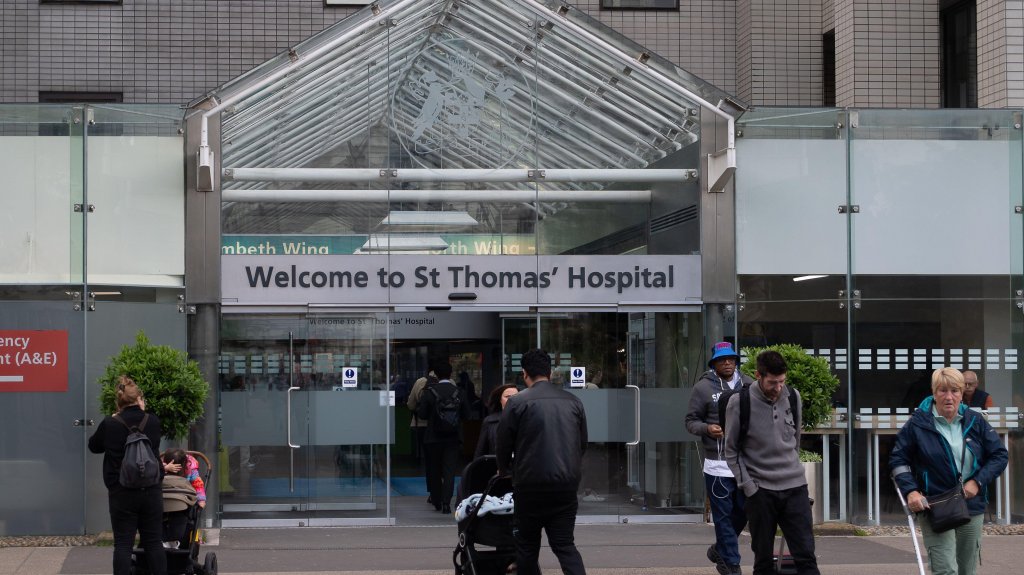Chancellor Faces Backlash Over Budget Amid Electric Car Sales Surge
Sales of new electric cars have remained robust, largely due to aggressive price reductions by automakers and dealers, which coincides with rising discontent directed at the Chancellor for insufficient support for zero-emission vehicle adoption.
Proponents of electric vehicles expressed their disappointment after the budget announcement from Rachel Reeves, which neglected calls to enhance the appeal of zero-emission vehicles through measures such as reducing the VAT rate from 20 per cent to 5 per cent for public charging.
The decision by the Chancellor to overlook these requests might be attributed to recent data indicating that, in September, a critical month for vehicle registrations, the market responded by reducing electric car prices—typically priced 1.4 times higher than comparable petrol vehicles—to stimulate sales.

According to data from the Society of Motor Manufacturers and Traders (SMMT), there was a 24 per cent increase in electric car sales year over year, with these vehicles now representing 20% of all registered cars.
However, the SMMT noted that this surge in sales was driven by “unprecedented discounting” aimed at clearing excess inventory, cautioning that such significant reductions in pricing cannot continue indefinitely.
As October sales figures are set to be released this week, Auto Trader, the online car sales platform, suggests that interest in electric vehicles remains around 20% of the market, with discounts leading to average price drops of over 12% compared to the previous year.
Despite the enthusiasm, Ian Plummer, Auto Trader’s commercial director, remarked that growth in the zero-emission sector is “modest”, particularly as government targets aim for electric vehicle sales to reach 22% in 2024 and 28% in 2025.
Reflecting on the budget, in which Reeves confirmed existing tax breaks for electric company car users while providing minimal benefits for private buyers, SMMT chief executive Mike Hawes stated: “The absence of significant measures to promote sales in the electrified vehicle market is a major disappointment.”
Hawes noted that, while past administrations set ambitious targets for electric vehicle transitions, the lack of consistent governmental support raises doubts about meeting these goals.
Quentin Willson, a well-known automotive broadcaster and founder of the FairCharge electric vehicle advocacy group, criticized the chancellor, suggesting that abstaining from raising fuel taxes while neglecting to adjust VAT for public charging sends mixed signals.
Thom Groot, CEO of The Electric Car Scheme, described the freeze on fuel taxes as a subsidy for fossil fuels that undermines the objectives for zero-emission vehicles.
With stringent penalties looming for manufacturers falling short of the 22% sales target, Matt Galvin, UK managing director of the electric vehicle firm Polestar, commented that regulatory focus appears to lean toward penalizing manufacturers instead of providing crucial incentives to consumers, calling out the approach as heavily punitive.




Publicar comentario